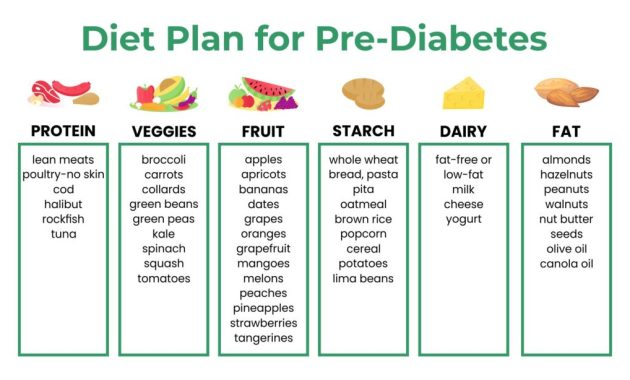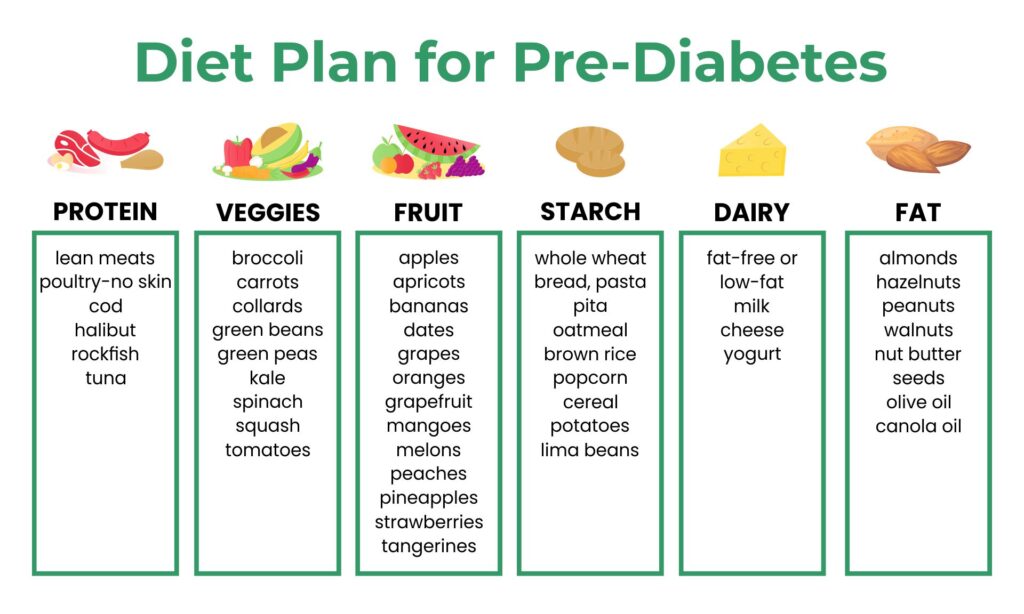
How to Make Diabetes Easier: Mastering Meal Timing for Better Blood Sugar Control
Managing diabetes is a complex undertaking. It requires careful attention to diet, exercise, and medication. However, one often overlooked factor can significantly impact blood sugar control: meal timing. Understanding and implementing strategic meal timing can be a powerful tool. It can help individuals with diabetes make the condition easier to manage.
This article delves into the science-backed benefits of meal timing. It also provides practical strategies for incorporating them into your daily routine. We will explore how to use meal timing to your advantage. The goal is to empower you to take control of your health and make living with diabetes a little easier.
The Science Behind Meal Timing and Diabetes
The body’s response to food is a finely tuned process. When you eat, your body breaks down carbohydrates into glucose. This glucose enters the bloodstream. The pancreas then releases insulin to help cells absorb the glucose for energy. In individuals with diabetes, this process is disrupted. Either the body doesn’t produce enough insulin (Type 1) or the cells don’t respond properly to insulin (Type 2).
Meal timing plays a crucial role in managing this disruption. It affects how quickly glucose enters the bloodstream. It also impacts the amount of insulin needed to process it. By strategically planning your meals, you can minimize blood sugar spikes. You can also reduce the risk of complications associated with diabetes.
Numerous studies have demonstrated the benefits of meal timing. One study showed that consistent meal times can improve glucose control and reduce the need for insulin. Another study highlighted the importance of distributing carbohydrate intake throughout the day. This prevents large fluctuations in blood sugar levels. [See also: The Impact of Diet on Diabetes Management]
Understanding the Impact of Different Meal Types
Not all meals are created equal. The type of food you consume significantly influences its impact on your blood sugar. Carbohydrates are the primary culprit in raising blood glucose levels. However, the type of carbohydrate matters.
Simple carbohydrates, such as those found in sugary drinks and processed foods, are rapidly absorbed. This leads to a quick spike in blood sugar. Complex carbohydrates, like those in whole grains and vegetables, are digested more slowly. This results in a more gradual rise in blood sugar.
Protein and healthy fats also play a role. They slow down the absorption of carbohydrates. They also help to stabilize blood sugar levels. Understanding these differences is crucial for making informed meal timing decisions.
Practical Strategies for Optimizing Meal Timing
Implementing effective meal timing strategies doesn’t require a complete overhaul of your diet. It requires a thoughtful approach. Here are some practical steps to get started:
- Consistent Meal Times: Aim to eat meals and snacks at roughly the same times each day. This helps regulate your body’s natural insulin response. It also prevents unpredictable blood sugar fluctuations.
- Balanced Meals: Ensure each meal includes a balance of carbohydrates, protein, and healthy fats. This helps slow down glucose absorption and promotes satiety.
- Portion Control: Pay attention to portion sizes. Overeating, even healthy foods, can lead to blood sugar spikes.
- Carb Counting: Learn to count carbohydrates in your meals and snacks. This allows you to adjust your insulin dosage (if applicable) to match your carbohydrate intake. [See also: The Importance of Carbohydrate Counting]
- Pre-Meal Planning: Plan your meals and snacks in advance. This helps you make healthy choices and avoid impulsive decisions.
- Monitor Blood Sugar: Regularly monitor your blood sugar levels before and after meals. This provides valuable insights into how your body responds to different foods and meal timings.
Meal Timing Examples for Different Lifestyles
The ideal meal timing strategy varies depending on your lifestyle, medication regimen, and individual needs. Here are a few examples:
- For Individuals on Insulin: Consistent meal times are crucial. Coordinate your meals with your insulin injections to ensure proper glucose control. Discuss your meal plan with your healthcare provider.
- For Individuals on Oral Medications: Follow your medication schedule. Pair your meals with your medication to maximize effectiveness. Monitor your blood sugar levels regularly.
- For Active Individuals: Time your meals and snacks to fuel your workouts. Consume carbohydrates before exercise. Replenish your glycogen stores with carbohydrates and protein after exercise.
- For Individuals with Shift Work: Adjust your meal times to align with your work schedule. Maintain a consistent eating pattern. This helps regulate your blood sugar levels.
The Role of Breakfast in Diabetes Management
Breakfast is often considered the most important meal of the day. This is especially true for individuals with diabetes. Skipping breakfast can lead to elevated blood sugar levels throughout the day. It can also increase the risk of overeating later.
Eating a balanced breakfast helps to start your day with stable blood sugar levels. It also provides the energy needed to function effectively. Focus on including protein, healthy fats, and complex carbohydrates in your breakfast. This helps to slow down glucose absorption. [See also: The Benefits of Fiber for Diabetes Management]
Snacking Strategies for Better Blood Sugar Control
Snacking can be a valuable tool for managing diabetes. It can help prevent blood sugar drops between meals. It can also provide sustained energy throughout the day.
Choose snacks that are low in carbohydrates. Include protein and healthy fats. Good snack options include nuts, seeds, vegetables with hummus, or a small portion of Greek yogurt. Avoid sugary snacks and processed foods. They can cause rapid blood sugar spikes.
Working with Your Healthcare Team
Implementing meal timing strategies is most effective when done in collaboration with your healthcare team. This includes your doctor, a registered dietitian, and a certified diabetes educator.
Your healthcare team can help you develop a personalized meal plan. They can also adjust your medication regimen as needed. They can also monitor your progress and provide ongoing support. Regular communication with your healthcare team is essential for successful diabetes management.
The Long-Term Benefits of Mastering Meal Timing
The benefits of mastering meal timing extend beyond immediate blood sugar control. They contribute to long-term health and well-being. Consistent meal timing can improve insulin sensitivity. It can also reduce the risk of diabetes-related complications. These complications include heart disease, kidney disease, and nerve damage.
By taking control of your meal timing, you can significantly improve your quality of life. You can also reduce the burden of managing diabetes. This empowers you to live a healthier and more fulfilling life. [See also: Strategies for Preventing Diabetes Complications]
Conclusion: Making Diabetes Easier with Strategic Meal Timing
Mastering meal timing is a powerful strategy. It can make living with diabetes easier and more manageable. By understanding the science behind meal timing, you can make informed choices. You can implement practical strategies into your daily routine. You can work with your healthcare team to develop a personalized plan.
Remember, consistency is key. By consistently applying these principles, you can improve your blood sugar control. You can also reduce the risk of complications. You can also live a healthier and more fulfilling life. Take control of your health today. Make diabetes easier by mastering meal timing.
Disclaimer: This article is for informational purposes only. It is not intended as a substitute for professional medical advice, diagnosis, or treatment. Always seek the advice of your physician or other qualified health provider with any questions you may have regarding a medical condition.

